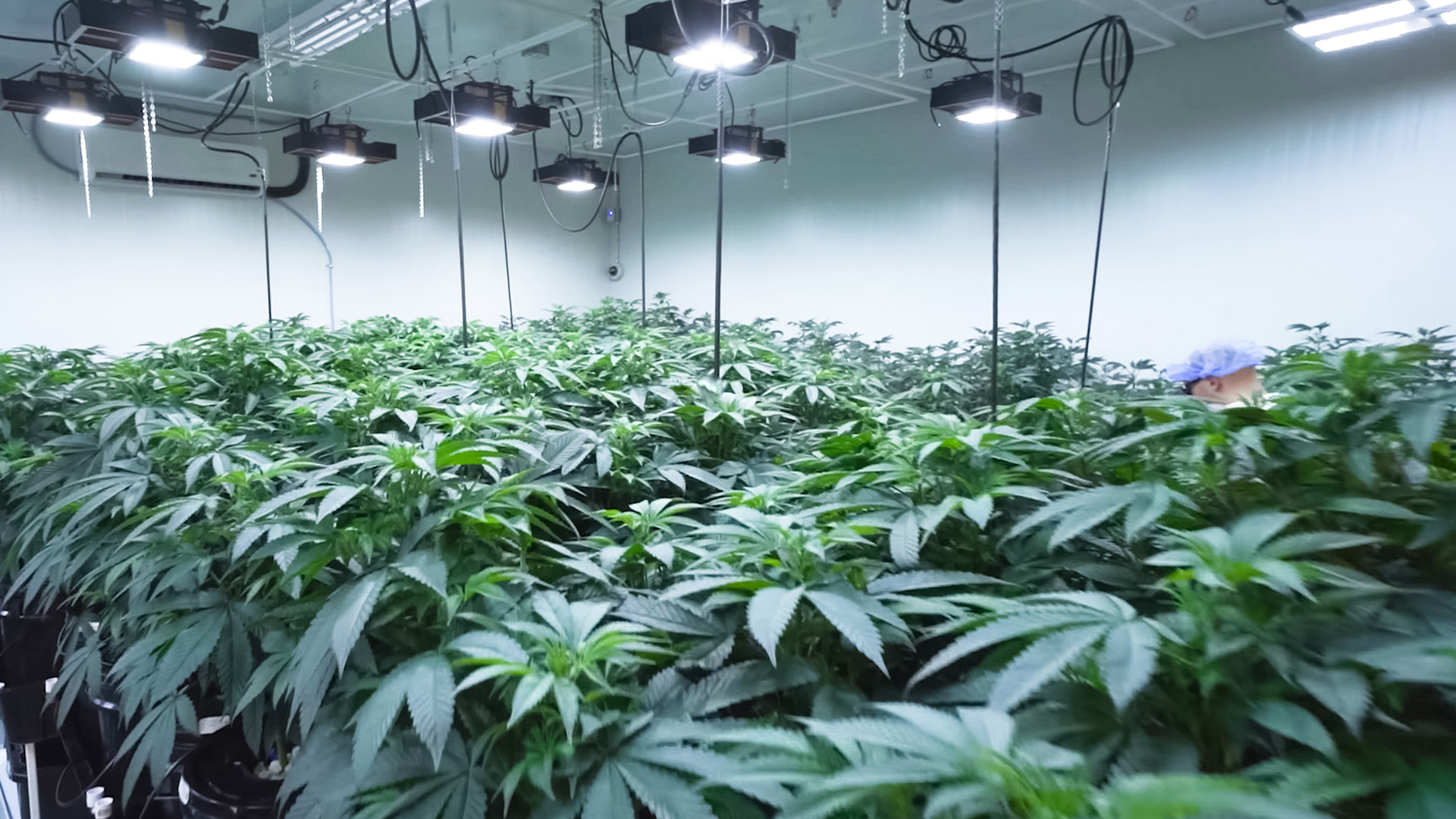The cannabis industry faces some unique challenges, to say the least. Because cannabis remains prohibited under federal law, the EPA has no allowances for the use of registered pesticides in its cultivation. Massachusetts matches its pesticide laws to the federal laws, which means, in effect, the same thing. To further clarify, the Massachusetts Department of Agricultural Resources has published an advisory regarding the use of pesticides for pest control in the cannabis industry.
So, what is a cannabis cultivation business to do? Pests are a major issue, as they are for any agricultural venture, and they can cause major damage to crops … and profits. Growers and distributors are well aware of the importance of integrated pest management (IPM) for their facilities. Braman has been on the case from legalization day one, helping cannabis businesses navigate the regulatory maze and providing structural pest management solutions to protect against pests without the use of prohibited pesticides.
Which Critters Want Your Crop?
Whether you’re growing outdoors, indoors in greenhouses or indoors in grow rooms, some pests are ready and willing to damage your crop. The high humidity maintained in grow rooms and greenhouses is particularly welcoming to fungal pathogens and fungus gnats that leave plants yellowed, wilted and stunted. Of course, other common indoor pests can wreak havoc, as well, including roaches, spiders, flying and crawling nuisance insects and more.
Outdoors, you’ll be competing against deer, mice and rats eating up seedlings and chewing mature stems to shreds, and you’ll also be wide open for attacks from stem borers and grubs that eat roots then mature into plant-eating beetles.
When beginning an evaluation of the need for pest control, identifying the pests comes first, then establishing thresholds to determine when and if action is required for control. Braman is available to help you make these assessments and set these thresholds.
Practicing Prevention
There are key actions you can take as a cannabis grower to minimize the threat of pests:
- If you’re growing in a closed environment, always inspect and quarantine new plants and seedlings before bringing them in. This will help decrease the risk that you’re introducing a pest threat along with any new plants.
- Maintain a controlled environment (e.g., “cleanroom” conditions, controlling temperature and humidity, sealing off entryways, hygienic work gear, etc.) to further inhibit the growth of plant pathogens.
- Immediately address poor drainage, standing water and overgrown vegetation to remove potential pest breeding grounds and habitats.
ABC: Always Be Checking
Constant vigilance through regular monitoring is essential to know whether pests are present and whether they’re reaching or exceeding thresholds and requiring intervention. This entails scouting crops for evidence of pest damage and using pest traps like pheromone traps or yellow sticky cards to determine insect presence and levels. If the damage or population has passed threshold levels, it’s time to intervene.
Know When to Intervene
Once it’s been established that an infestation is exceeding set thresholds, intervention is likely necessary. It’s important to evaluate all options and choose the one that balances the lowest possible risk with the highest possible efficacy. All options should be considered, including exclusion, mechanical trapping and sanitation.
Call the Experts
Of course, you can always call on us for expert advice and services, including audits. We’ve been supporting cannabis growers and distributors with industry expertise in pest control for years now, and we’ve got a proven track record of success.
Not only will your Braman team eliminate pests from your facility, but we’ll also take action to prevent their return—and train your staff on the best methods for maintaining those protections.
If you’re a cannabis business owner or facility manager looking for advice or services for pest control, reach out to us today and we’ll be glad to provide guidance.

